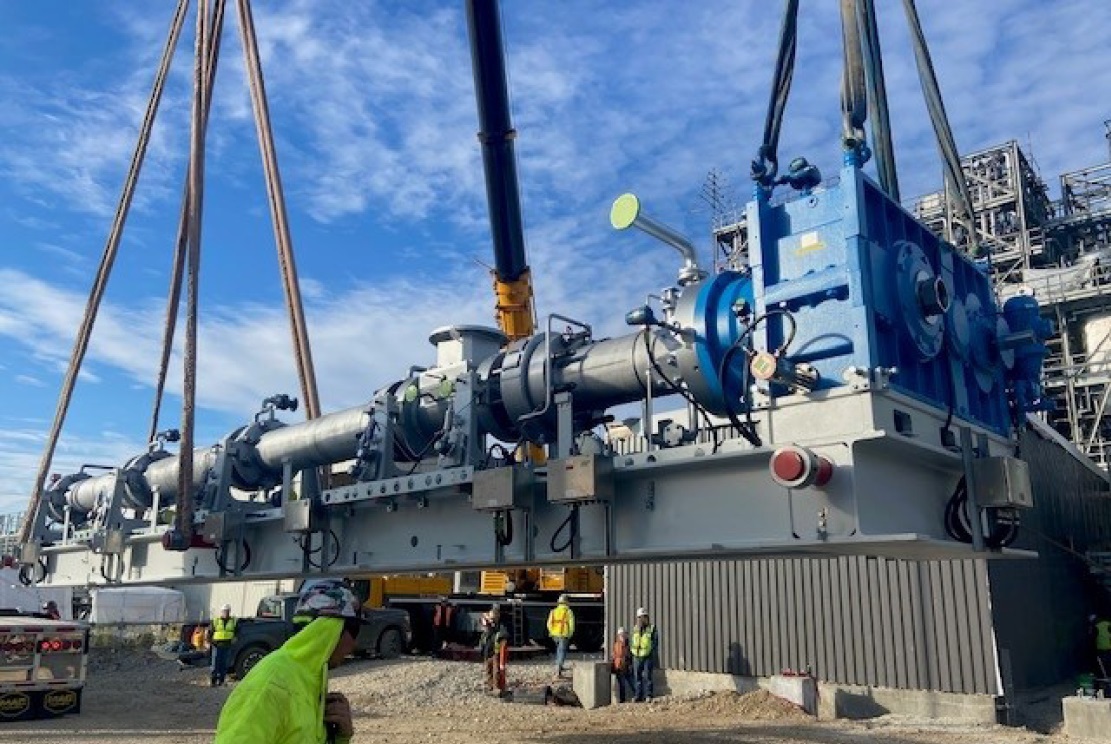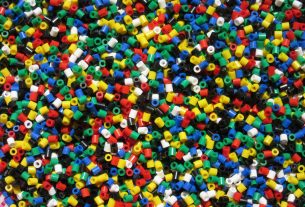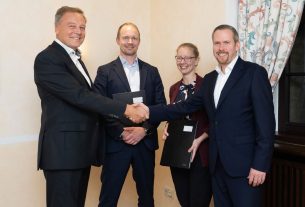Belgium – The NextGen District will soon house a plastic recycling facility, according to PureCycle and the Port of Antwerp-Bruges.
This facility can recycle 59,000 tonnes of polypropylene annually. Four additional processing lines could be constructed, bringing the total annual capacity to 240,000 tons.
Currently, PureCycling is focusing on budgeting and raw material supply. By the middle of this year, the last planning phase should be finished. After the permit process is finished, construction is anticipated to begin in 2024. Companies involved in the circular economy are the only focus of the NextGen District in the Antwerp port. A concession contract was given to PureCycle after a competitive hiring process.
Business location
PureCycle’s first facility in Europe is the new manufacturing in Antwerp. The business is currently moving closer to introducing its Ultra-Pure Recycled (UPR) resin product to the European market as it strives to expand internationally.
The circular economy is revolutionized by PureCycle’s purifying technology, which will have a significant impact on the continued sustainability of plastics and, in particular, the chemical cluster around the Port of Antwerp-Bruges.
New jobs
With possible partners, PureCycle is actively in negotiations to supply raw materials and buy recycled goods. As soon as the first processing line is complete, the business anticipates launching its commercial operations at the European location. According to PureCycle, the project’s first phase would result in the creation of 65 to 70 new jobs. One of the biggest investments in the NextGen District to date has been PureCycle’s project. The business is looking into its options for receiving a European subsidy to help co-finance this initiative.
Patented recycling technology
Procter & Gamble owns a patent on recycling technology, and PureCycle has a worldwide license to use it in its procedures. The business uses solvents to clean up polypropylene and transform it into a renewable raw material. The plastic trash is purified by removing pollutants including color, odor, and others. As a result, Ultra-Pure Recycled (UPR) plastic is produced, which may be recycled and used repeatedly.




